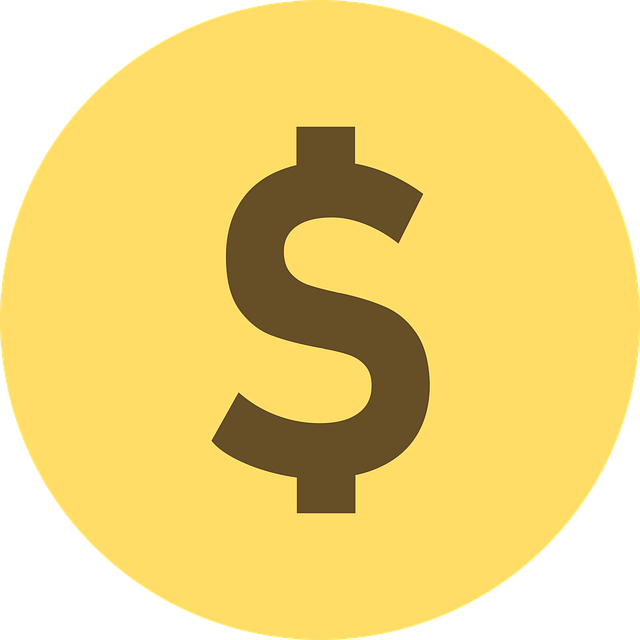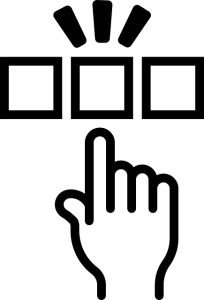Ah, the joy of buying a home! But wait, there’s more…expenses beyond the purchase price. Closing costs, those often-mysterious fees tacked onto your mortgage, can add a significant chunk of change to your homebuying budget. Don’t worry, though! This guide will shed light on mortgage closing costs, explaining what they are, what they cover, and how they’re calculated.
What are Closing Costs?
Mortgage closing costs are fees paid by both the buyer and seller at the conclusion of a real estate transaction, also known as closing. These fees cover various services rendered throughout the homebuying process.

What's Included in Closing Costs?
Closing costs can vary depending on your location, loan type, and negotiation with the seller. Here’s a breakdown of common closing cost fees:
- Loan Origination Fees: The lender’s fee for processing your mortgage application.
- Underwriting Fee: The cost of assessing your financial risk as a borrower.
- Appraisal Fee: An independent evaluation of the property’s value.
- Title Search and Insurance: Ensures a clear title and protects you from ownership claims.
- Escrow Fees: Covers property taxes, homeowners insurance, and mortgage insurance (if applicable) held in a neutral account until disbursement.
- Government Recordings Fees: The cost to register the transfer of ownership with the government.
- Attorney Fees (if applicable): An attorney can review documents and represent your interests during closing.
How are Closing Costs Calculated?
Closing costs typically range from 2% to 6% of the total loan amount. However, this is just an estimate. To get a more accurate idea of your closing costs, you can:
- Obtain a Loan Estimate (LE): Your lender is required by law to provide you with an Loan Estimate within three business days of receiving your mortgage application. The LE details the estimated closing costs you’ll incur.
- Use a Closing Cost Calculator: Many online resources offer closing cost calculators that factor in your location, loan type, and estimated property value to provide a personalized estimate.
While a percentage of the loan amount is a good starting point, calculating mortgage closing costs involves a bit more nuance. Here’s a deeper dive into how closing costs are determined:
Fixed vs Variable Fees Closing Costs
Fixed Fees
These don’t fluctuate and are typically charged as a flat rate. Examples include government recording fees, courier fees, and wire transfer charges.

Variable Fees
These fees change based on specific factors. The most common variable fees include:
- Origination Fee: Often a percentage of the loan amount (usually 1-1% points).
- Discount Points: Optional fees you can pay upfront to reduce your interest rate. Each point typically lowers your rate by 0.25%.
- Appraisal Fee: The cost depends on the property’s value and complexity.
- Title Search and Insurance: The cost varies based on the property’s value and local rates.
- Escrow Funds: The amount depends on your property taxes, homeowners insurance premium, and any required mortgage insurance.
Other Factors
Location
Closing costs can vary by state and even locality. This is due to differences in:
- Transfer Taxes: These taxes are levied by your state or local government on the sale of real estate.
- Recording Fees: The government charges fees to register the transfer of ownership. These fees can vary by jurisdiction.
- Third-Party Vendor Rates: The cost of services like appraisals, title searches, and attorney fees can vary depending on local market rates.
Loan Type
The type of mortgage you choose can influence your closing costs. For example, government-backed loans like FHA loans often have higher upfront mortgage insurance premiums compared to conventional loans.


Negotiations
Some closing costs, like origination fees and lender credits, can be negotiated with your lender. Similarly, you can negotiate with the seller to cover some closing costs as part of the purchase agreement.
Using a Closing Cost Calculator
While not an exact science, closing cost calculators can provide a personalized estimate based on your location, loan type, and estimated property value. These calculators factor in average fees for your area and can be a helpful tool for budgeting.
By understanding closing costs and what they entail, you can be better prepared for the homebuying process. With this knowledge, you can factor closing costs into your budget and avoid any surprises at the closing table. Happy house hunting!




Pingback: Negotiating a Home Offer and Getting the Best Deal